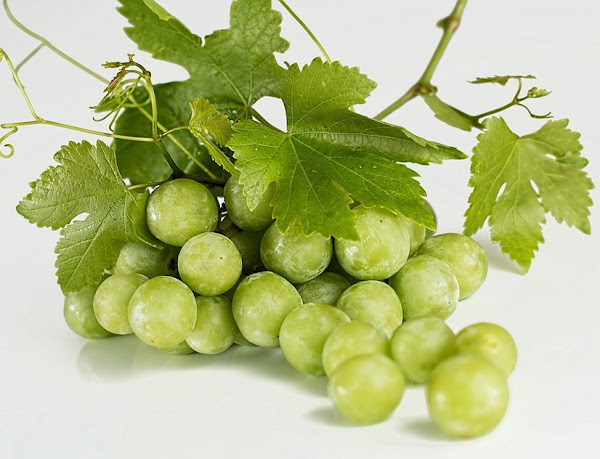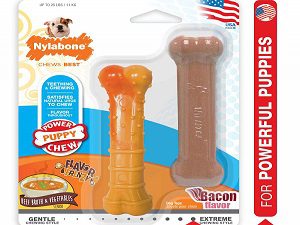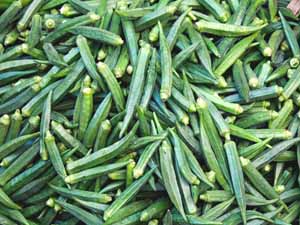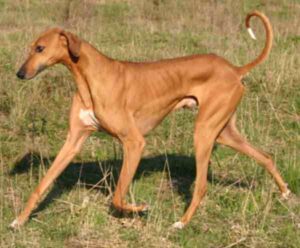Do you know whether can dogs eat grapes or not? If you are searching whether can dogs eat grapes or not, you are in the right place. Here we are going to discuss more about whether can dogs eat grapes or not. But if you don’t have enough time to read further, the straight answer is NO. Grapes are not good for dogs.
Dogs are beloved companions to millions of people worldwide. We want nothing but the best for our dogs, which includes providing them with a nutritious and balanced diet. However, it can be challenging to know what foods are safe for dogs to eat and which ones can be harmful. One question that many dog owners ask is whether can dogs eat grapes or not.
Dogs should not eat grapes, raisins, or currants. While the exact reason why these fruits are toxic to dogs is not known, it is best to avoid them altogether. If you suspect that your dog has ingested grapes or any other toxic substance, seek veterinary care immediately. Remember, prevention is key when it comes to keeping our furry friends safe and healthy.
Can Dogs Eat Grapes?
The answer is NO, dogs should not eat grapes. Grapes, along with raisins and currants, have been known to cause kidney failure in dogs. While it is not clear why grapes are toxic to dogs, it is best to err on the side of caution and avoid giving them to your dog altogether.
Symptoms of grape toxicity in dogs can include vomiting, diarrhea, lethargy, and decreased urination. In severe cases, dogs can experience acute kidney failure, which can be life-threatening. If you suspect that your dog has ingested grapes, raisins, or currants, it is essential to seek veterinary care immediately.
It is important to note that not all dogs will experience grape toxicity, and the severity of the reaction can vary. However, because it is impossible to predict which dogs will be affected, it is best to avoid giving grapes or any grape-derived products to your dog.

What Makes Grapes Toxic to Dogs?
The exact cause of grape toxicity in dogs is unknown. However, researchers have identified several potential factors that may contribute to grape toxicity in dogs. One theory is that grapes contain a toxin that is harmful to dogs.
Another theory is that grapes contain a substance that triggers an allergic reaction in dogs. Finally, it is possible that grapes contain a substance that causes digestive upset in dogs.
Researchers have not yet identified the specific substance or substances in grapes that are toxic to dogs. However, some studies suggest that the toxic substance is more concentrated in dried grapes (raisins) than in fresh grapes.
Some dogs may be more sensitive to grape toxicity than others, and the severity of the reaction can vary depending on the dog’s size, age, and overall health.
Symptoms of Grape Toxicity in Dogs
If your dog has ingested grapes or any grape-derived products, it is essential to be aware of the symptoms of grape toxicity. The symptoms of grape toxicity in dogs can vary depending on the severity of the reaction.
Mild cases of grape toxicity may cause vomiting, diarrhea, and decreased appetite. In more severe cases, dogs may experience lethargy, weakness, and decreased urine output. In some cases, grape toxicity can lead to acute kidney failure, which can be life-threatening.
If you suspect that your dog has ingested grapes or any grape-derived products, it is essential to seek veterinary care immediately. Your veterinarian can perform diagnostic tests to determine if your dog has kidney damage and provide supportive care to help your dog recover.

Preventing Grape Toxicity in Dogs
Preventing grape toxicity in dogs is essential. The best way to prevent grape toxicity in dogs is to avoid feeding grapes, raisins, or any grape-derived products to your furry friend.
This includes grape juice, grape jelly, and grape-flavored snacks. It is essential to be aware of other foods that may contain grapes or raisins, such as trail mix, cereal, and baked goods.
If you have grapes or raisins in your home, it is crucial to keep them out of reach of your furry friend. Dogs can be quite resourceful when it comes to accessing food, so it is important to keep grapes and raisins in a secure location that is inaccessible to your dog.
If you have a garden, it is essential to be aware of any grapevines that may be growing on your property. Dogs may be attracted to the fruit and may try to eat them. If you have grapevines, it is crucial to keep your dog away from them and to ensure that any fallen fruit is promptly cleaned up.
Hope you have got your answer about whether can dogs eat grapes or not. Good luck and may God bless you!






